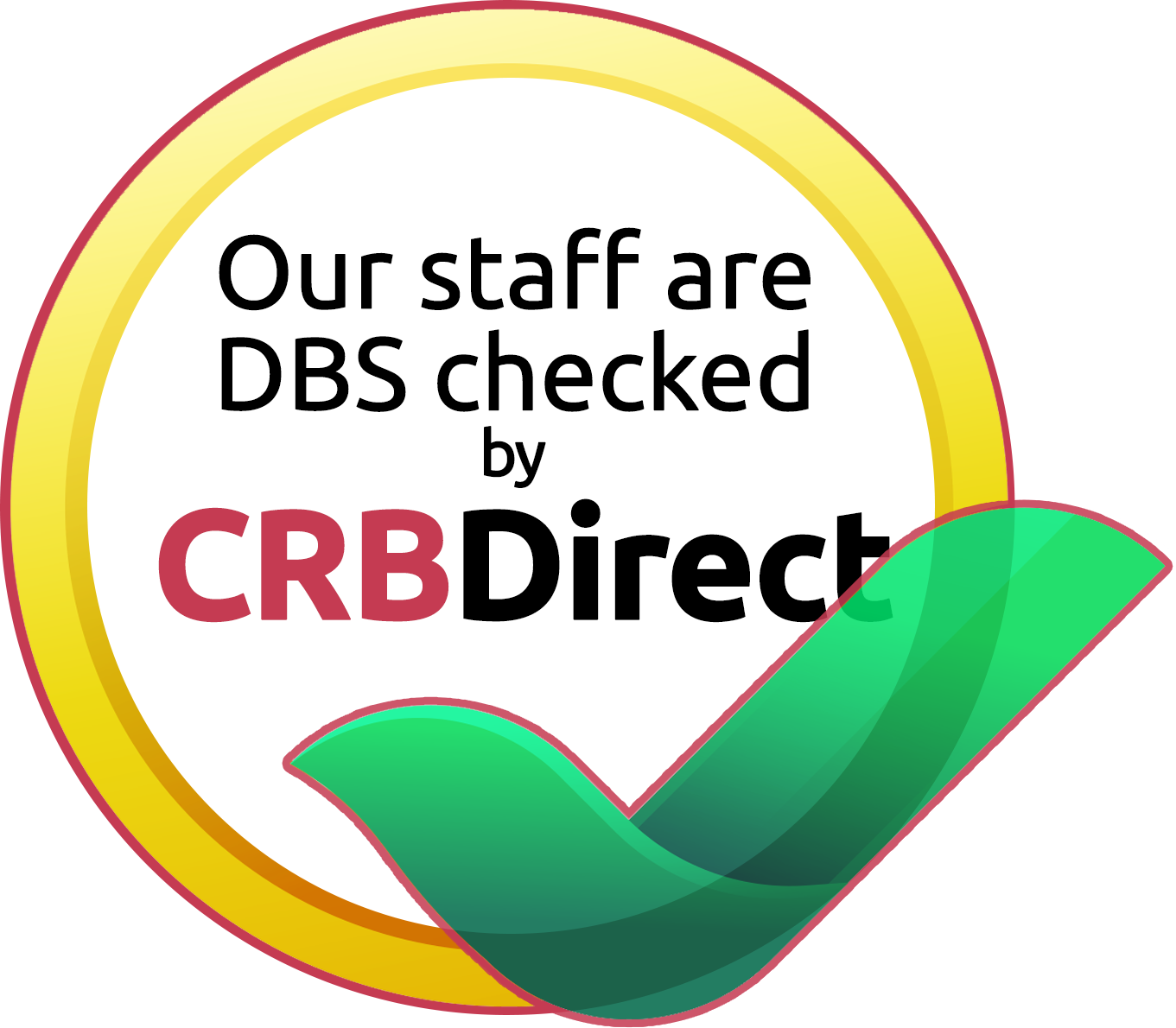Although the main school exams might be months away, kids all over the UK have spent their Christmas break studying for mocks. These school exams are one of the first indications to parents of how their kids are performing. If the results aren’t great, it can come as a bit of a shock. It’s perhaps no huge surprise that searches for tutors peaks in the later winter, after the mock exams. If you’re the parent of a child heading towards A-levels, Highers, GCSEs or other school exams, how do you find a good tutor? And how do you make sure they have the right qualifications and DBS checks?
Would my child benefit from a tutor?
Tutors aren’t always the best solution for a teenager who is struggling. Schools put lots of measures in place to help students too. Many will run revision classes, or drop-in sessions where students can ask questions and do practice papers. This could be enough to get a child through an exam without needing to pay extra for a formal tutor. Speak to your child’s teacher about their realistic prospects. Even with a tutor, a child who have never passed an exam in their life is not suddenly going to shoot to the top of the class. Remember too that exam season is stressful enough for young people, without parents piling on the pressure too.
Finding a tutor
 Often, word of mouth is the best way of finding a tutor. Ask around parents with older children, or ask for recommendations on social media. Many qualified teachers work extra hours in the evening as tutors. If you employ a qualified teacher as a tutor, they should have a good grasp on the curriculum and know what types of questions are likely to come up in the exam. They should be able to quickly grasp any gaps in knowledge, and address your child’s weaker areas. Hiring a teacher isn’t cheap though. The going rate is anything between £25 and £35 per hour. Another option is to get an undergraduate student as a tutor. This might be cheaper, and students might also relate better to a tutor closer to their own age. However good an undergraduate student is, they’re not a trained teacher and won’t have the same teaching skills.
Often, word of mouth is the best way of finding a tutor. Ask around parents with older children, or ask for recommendations on social media. Many qualified teachers work extra hours in the evening as tutors. If you employ a qualified teacher as a tutor, they should have a good grasp on the curriculum and know what types of questions are likely to come up in the exam. They should be able to quickly grasp any gaps in knowledge, and address your child’s weaker areas. Hiring a teacher isn’t cheap though. The going rate is anything between £25 and £35 per hour. Another option is to get an undergraduate student as a tutor. This might be cheaper, and students might also relate better to a tutor closer to their own age. However good an undergraduate student is, they’re not a trained teacher and won’t have the same teaching skills.
Do tutors have DBS checks?
If your tutor is working locally in a school as a teacher, then you can be sure that they have applied for a DBS check and been vetted through the proper channels. Students and other people who might do some work as a tutor can’t apply for an enhanced DBS check as a self-employed person. They can ask for a basic disclosure, but this will just show any current, unexpired convictions and cautions. Tutors who work through an agency might be able to get more detailed checks. It’s always wise to take a few precautions with any new tutor. Parents should try to be around while the tutor works, and if a child feels uncomfortable with a particular tutor, don’t be afraid to end the arrangement.
